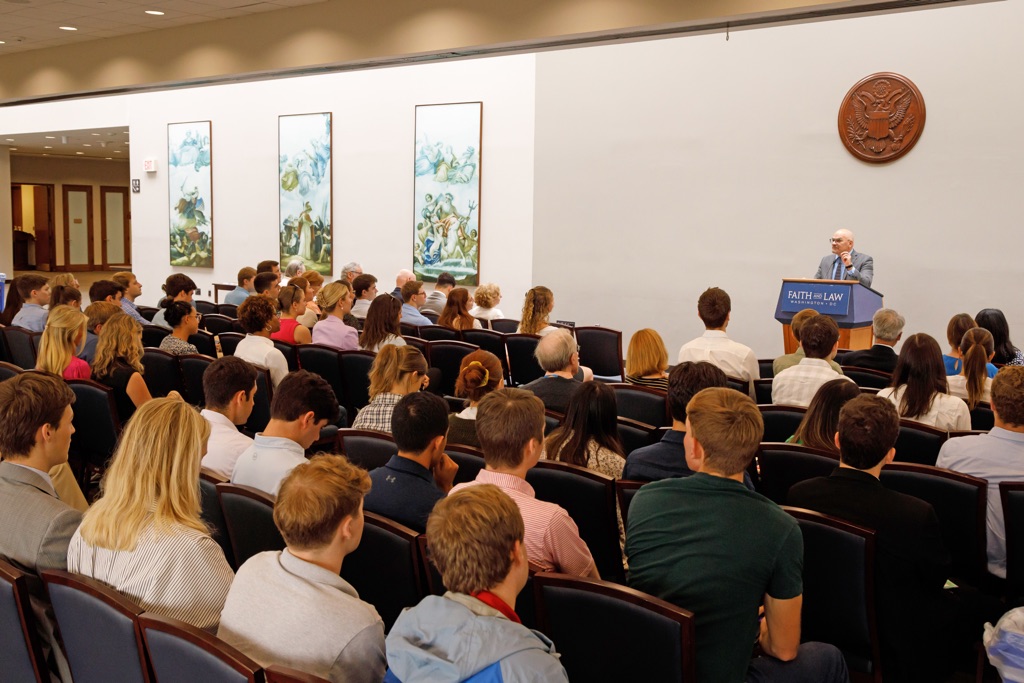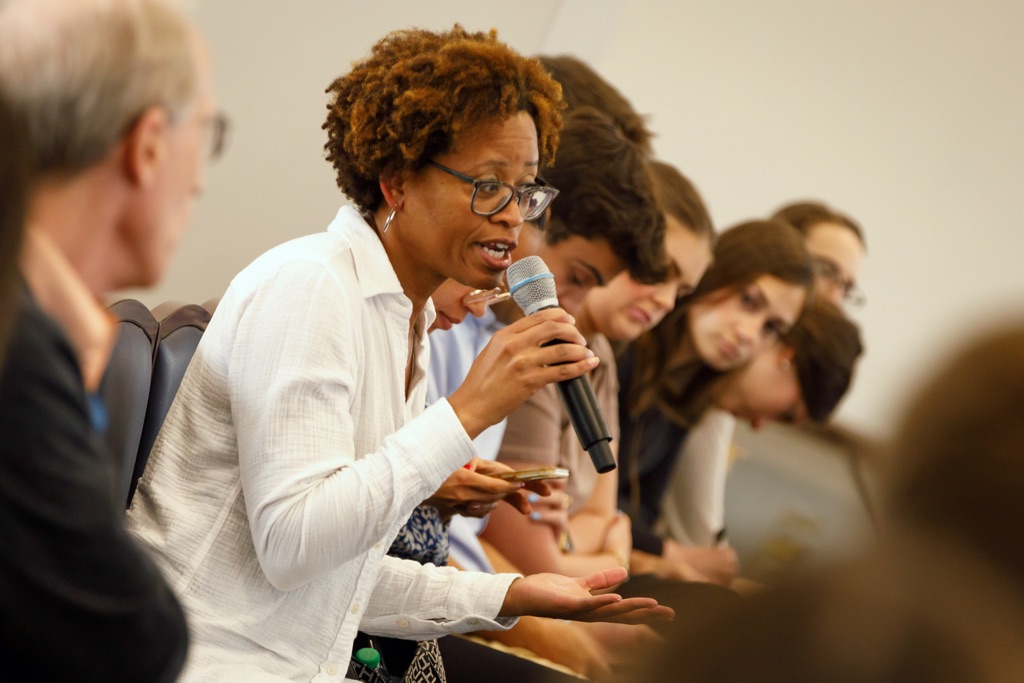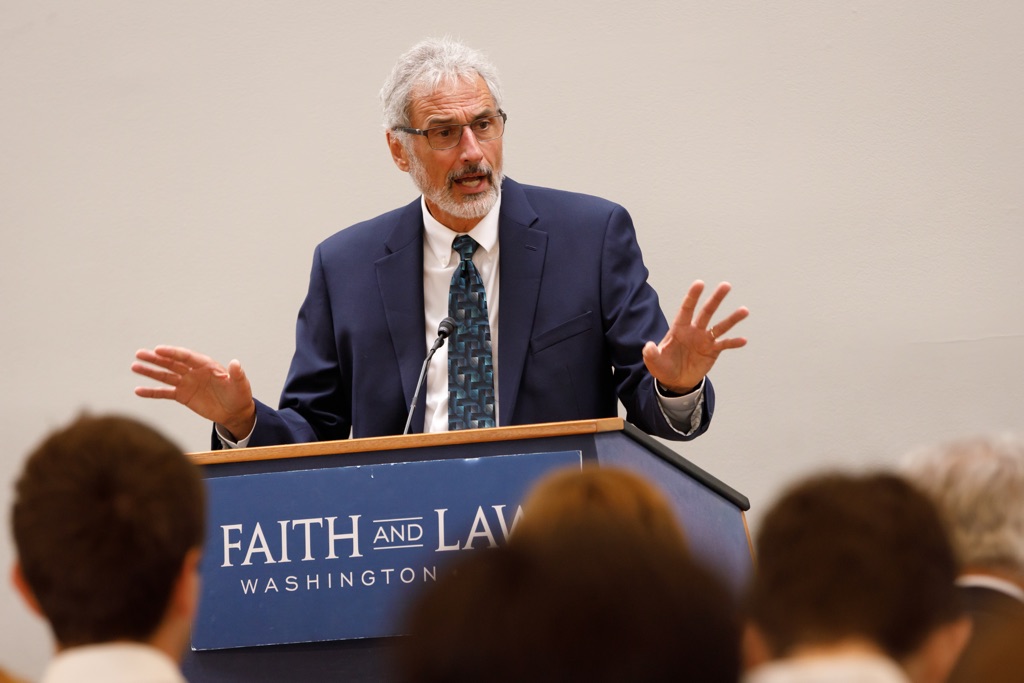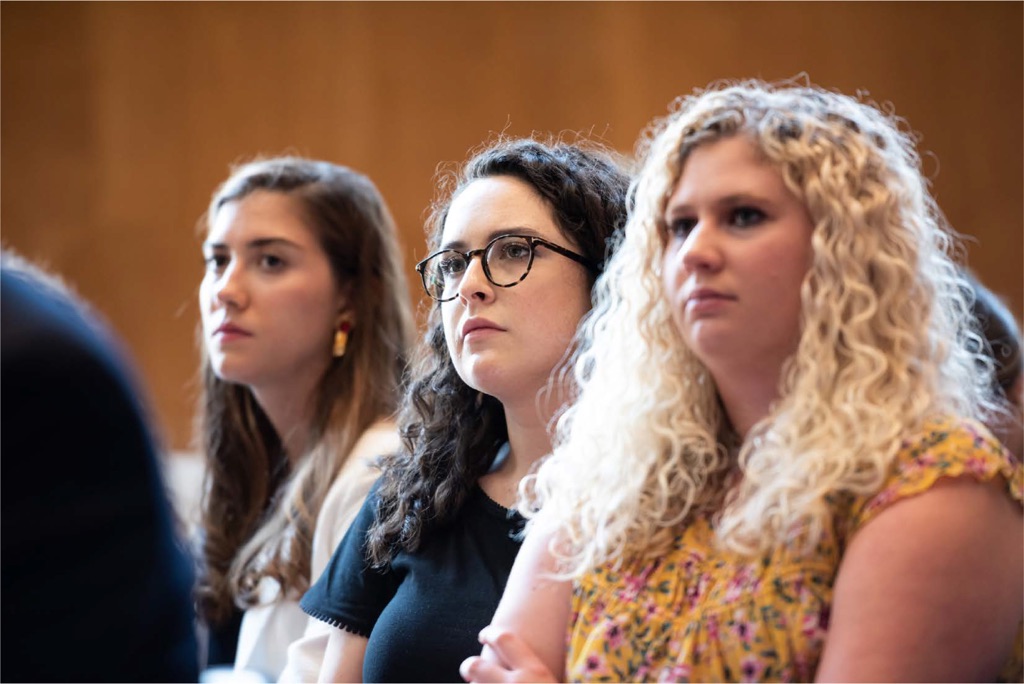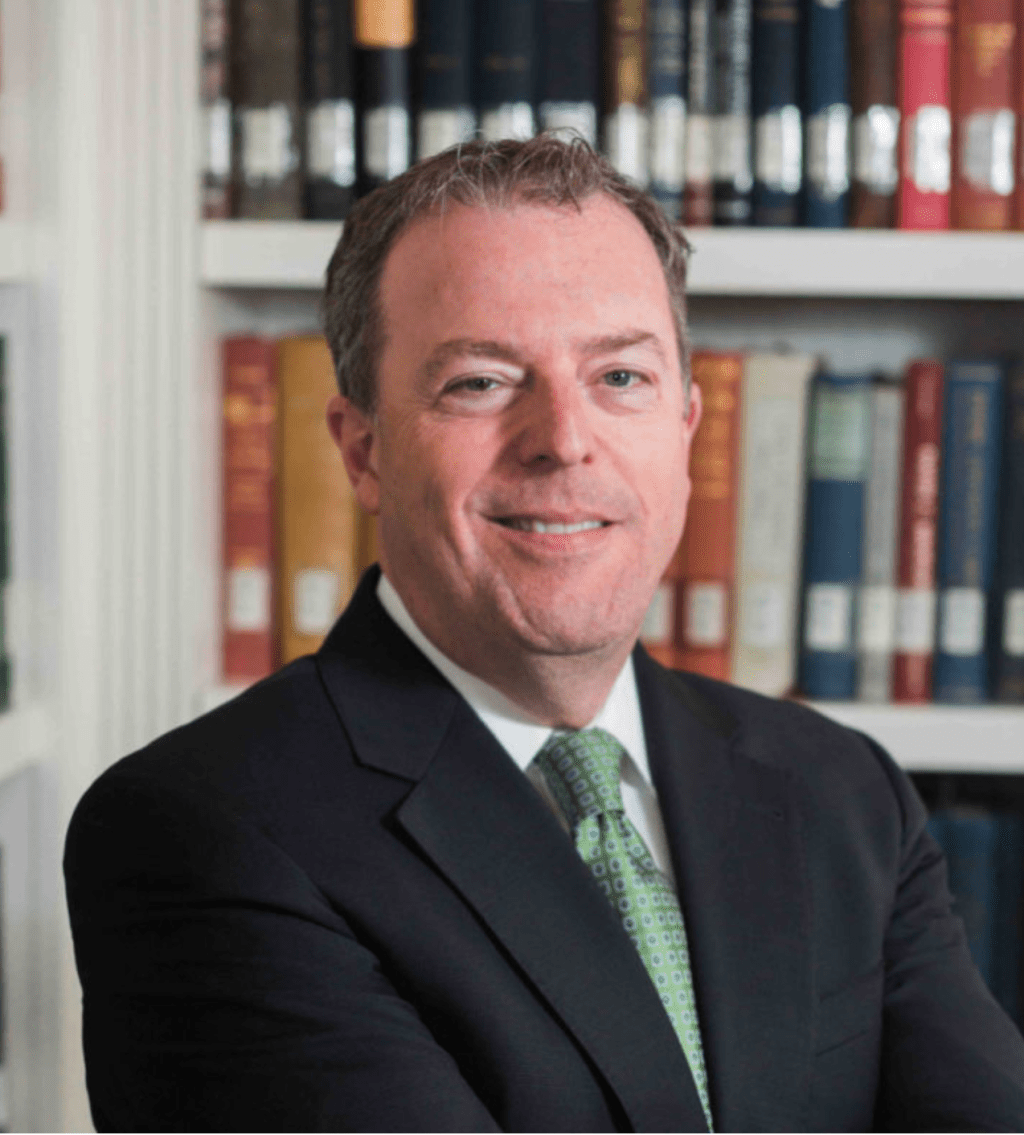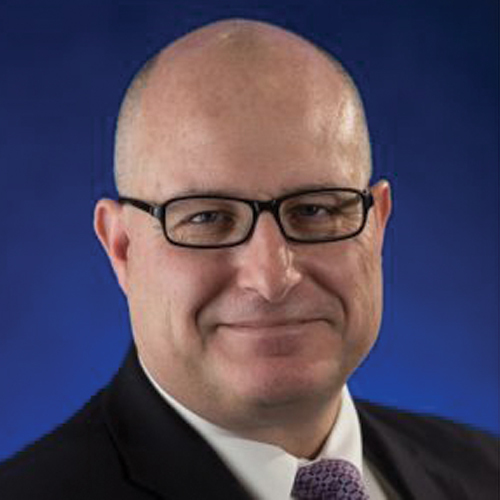
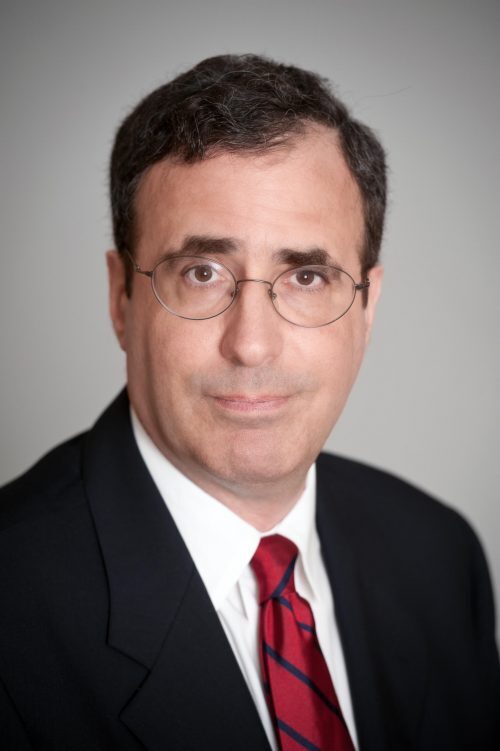
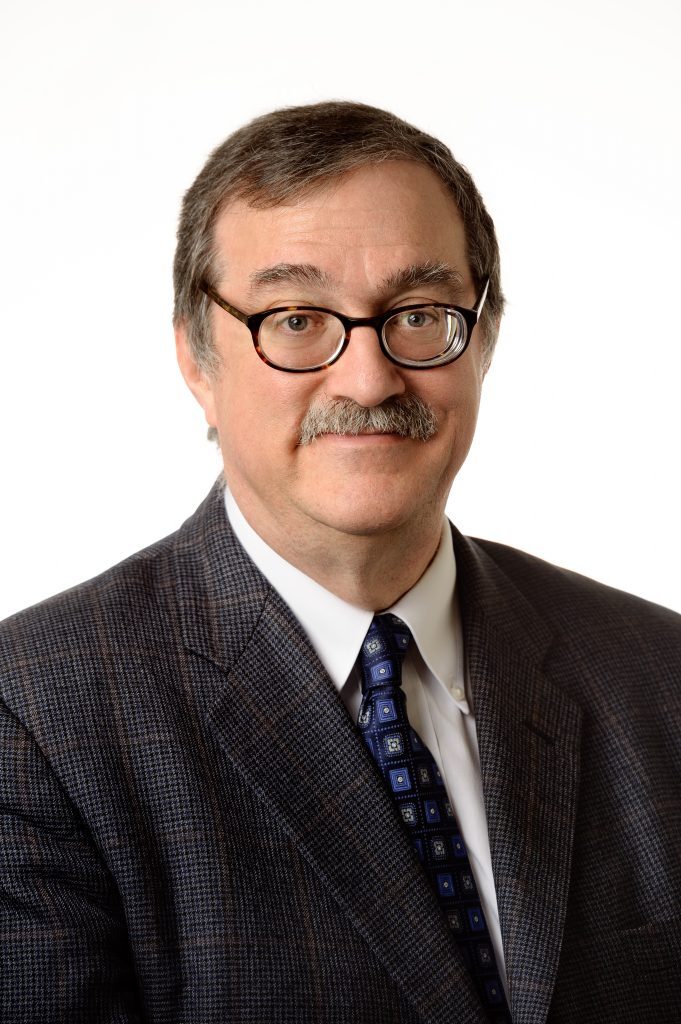
The Battle over American History and Civics: The Traps and Perils of Having a National Plan
A broad consensus has formed for improved instruction in American history and civics. Multiple studies and assessments indicate that Americans have an appallingly deficient understanding of their history and their governing process. And, of course, the events of political violence over the last year exacerbate those concerns. But what should such an effort look like? Should it be based within the states? Should Congress adopt a national strategy? If so, should that be overseen by the federal bureaucracy and implemented by the states?
Emmett McGroarty studies public policies that promote the principle of subsidiarity and that undermine the constitutional structure. He is the co-author of Deconstructing the Administrative State: The Fight for Liberty. He is also co-author of Controlling Education from the Top: Why Common Core Is Bad for America (Pioneer Institute 87, May 2012) and Cogs in the Machine: Big Data, Common Core, and National Testing (Pioneer Institute 114, May 2014). Mr. McGroarty is cofounder of truthinamericaneducation.com, a nationwide network of individuals and organizations that sheds light on the Common Core system and the collection of private data on children and their families. His published works have appeared in, among others, Breitbart.com, Christian Post, Crisis, Daily Caller, The Federalist, FoxNews.com, New York Post, Public Discourse, The Hill, Townhall, USA Today, and The Washington Times. He has testified before state and federal committees and commissions. Mr. McGroarty received an A.B. from Georgetown University and a J.D. from Fordham School of Law.
Wilfred McClay is the G.T. and Libby Blankenship Chair in the History of Liberty at the University of Oklahoma. His research interests focus on the intellectual and cultural history of the United States, with particular attention to the social and political thought of the 19th and 20th centuries, the history of American religious thought and institutions, and the theory and practice of biographical writing. A recipient of many teaching awards and honors, he has been the recipient of fellowships from the Woodrow Wilson International Center for Scholars, the National Endowment for the Humanities, and the National Academy of Education. Mr. McClay previously served on the National Council on the Humanities, the advisory board for the National Endowment for the Humanities. His book, The Masterless: Self and Society in Modern America, won the 1995 Merle Curti Award of the Organization of American Historians for the best book in American intellectual history. Besides Land of Hope, he is the author of The Student’s Guide to U.S. History, and co-editor of Religion Returns to the Public Square: Faith and Policy in America and Why Place Matters: Geography, Identity, and Public Life in Modern America.
Stanley Kurtz is a Senior Fellow at the Ethics and Public Policy Center. On a wide range of issues, from K-12 and higher education reform, to the challenges of democratization abroad, to urban-suburban policies, to the shaping of the American left’s agenda, Mr. Kurtz is a key contributor to American public debates. Mr. Kurtz has written on these and other issues for various journals, particularly National Review Online (where he is a contributing editor). Mr. Kurtz has published two influential books on President Obama’s political history and policy agenda: Radical-in-Chief: Barack Obama and the Untold Story of American Socialism (Threshold) and Spreading the Wealth: How Obama is Robbing the Suburbs to Pay for the Cities (Sentinel). He has also led the campaign to reform federal subsidies to academic programs of “area studies” under Title VI of the Higher Education Act, and has co-authored model campus free speech legislation adopted by several states. His latest book, The Lost History of Western Civilization (National Association of Scholars), offers both a critique of deconstructionist history and a new way of looking at America’s cultural conflicts. Mr. Kurtz received his undergraduate degree from Haverford College and his Ph.D. in social anthropology from Harvard University. He later taught at Harvard, winning several teaching awards for his work in a Great Books Program. He was also Dewey Prize Lecturer in Psychology at the University of Chicago.
Faith and Law is a non-profit ministry started by policy makers and for policy makers.
